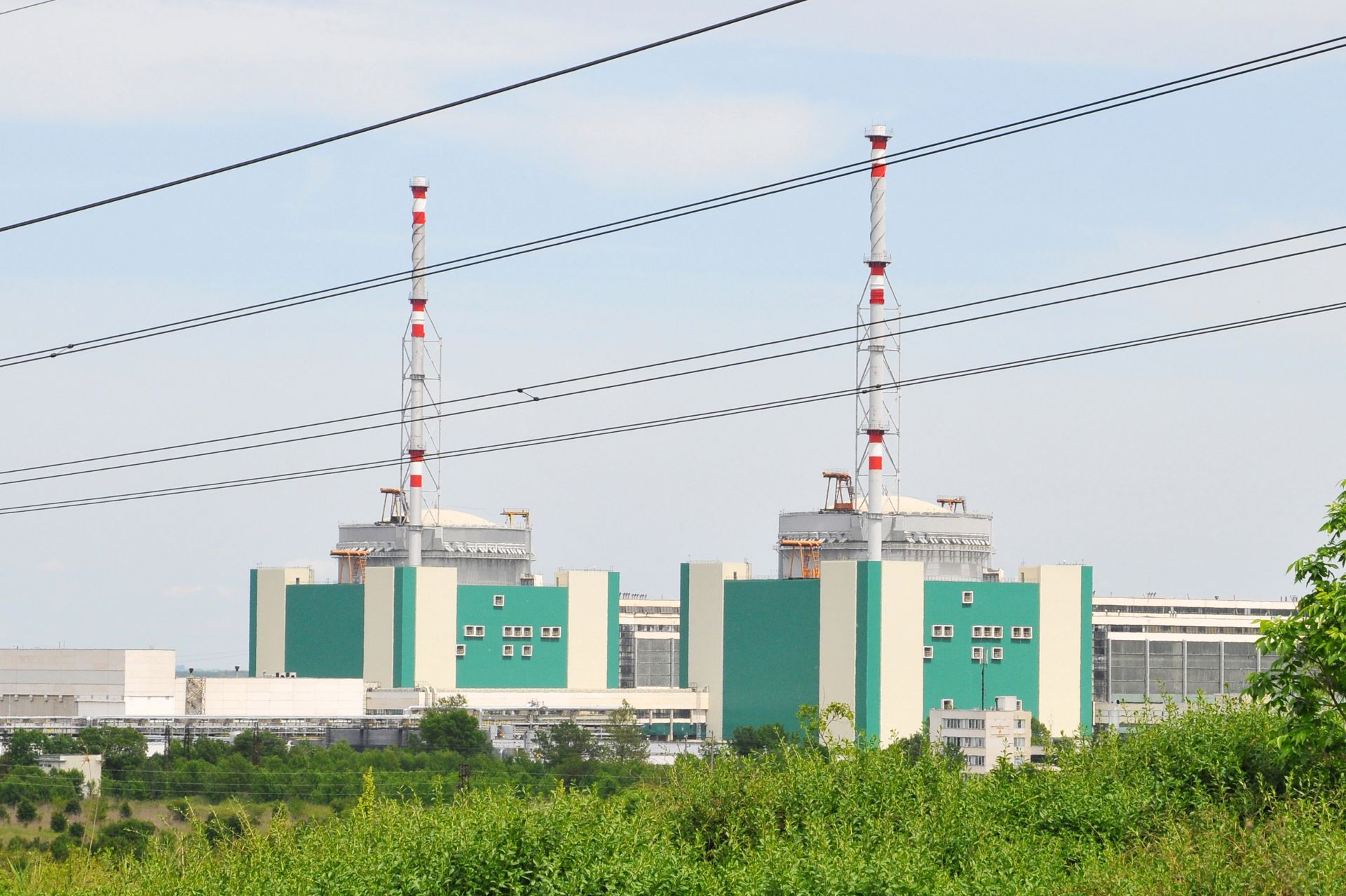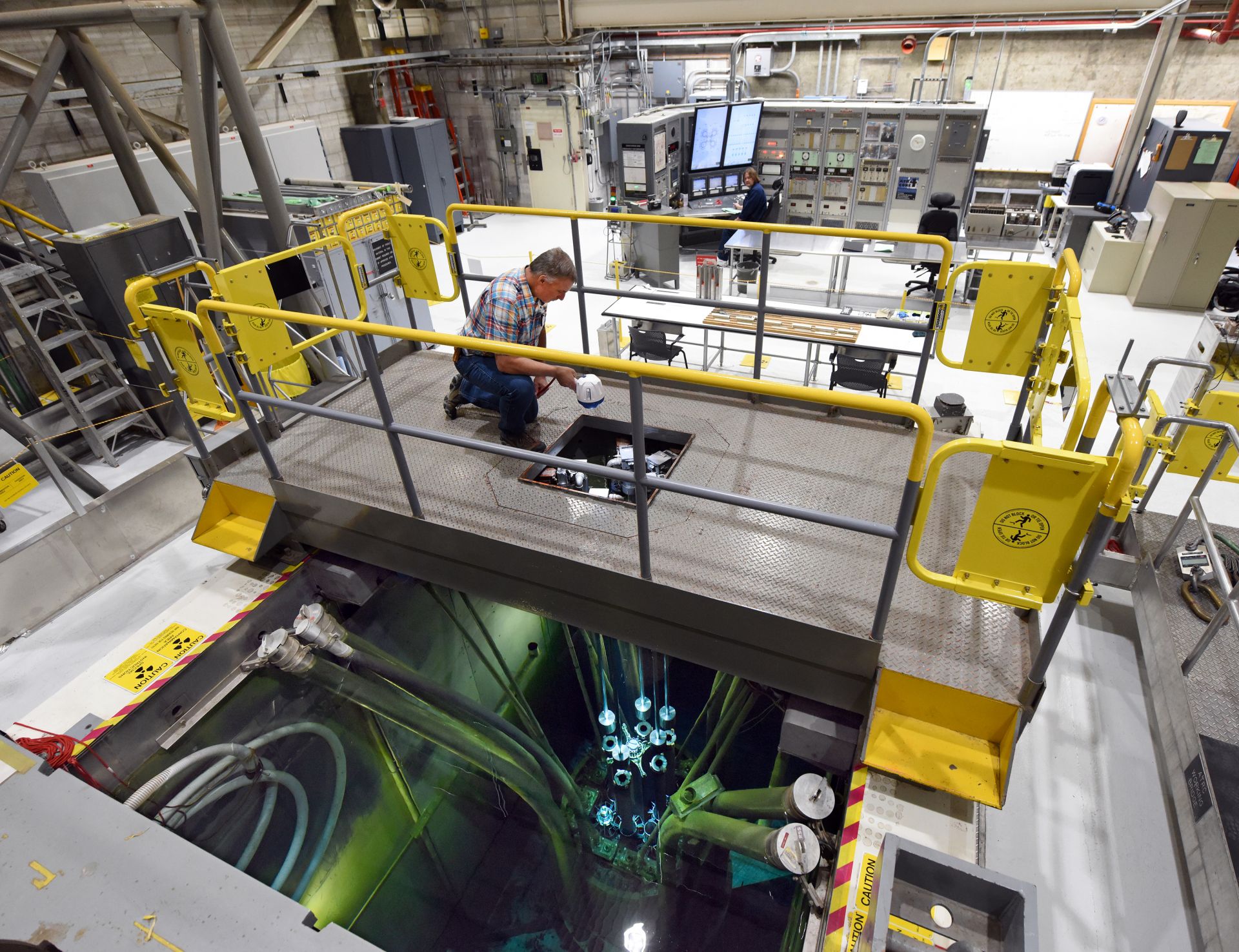New unit delivers first electricity to Russian grid
Rosenergoatom, the electric power division of Russia’s state-owned nuclear power corporation Rosatom, announced on October 23 that Leningrad II-2 has been connected to the grid. The unit is one of two Generation III+ VVER-1200 pressurized water reactors at the Leningrad nuclear plant.
The reactor will replace Leningrad I-2, a 925-MWe RBMK-1000 light-water–cooled graphite-moderated reactor that will permanently cease operation at the end of 2020 after 45 years of service. Fuel loading at Leningrad II-2 began in July, and initial criticality was achieved in August. Following the trial operation, the unit will be shut down for an additional equipment inspection by a state commission before being put into commercial operation early next year, according to Rosenergoatom.














 The Nuclear Regulatory Commission last week announced the publication of the 2020–2021 Information Digest, which describes the agency's mission, responsibilities, accomplishments, and activities and provides general information on nuclear-related topics. The digest is published annually and, beginning this year, will be available electronically only on the NRC’s website.
The Nuclear Regulatory Commission last week announced the publication of the 2020–2021 Information Digest, which describes the agency's mission, responsibilities, accomplishments, and activities and provides general information on nuclear-related topics. The digest is published annually and, beginning this year, will be available electronically only on the NRC’s website.
